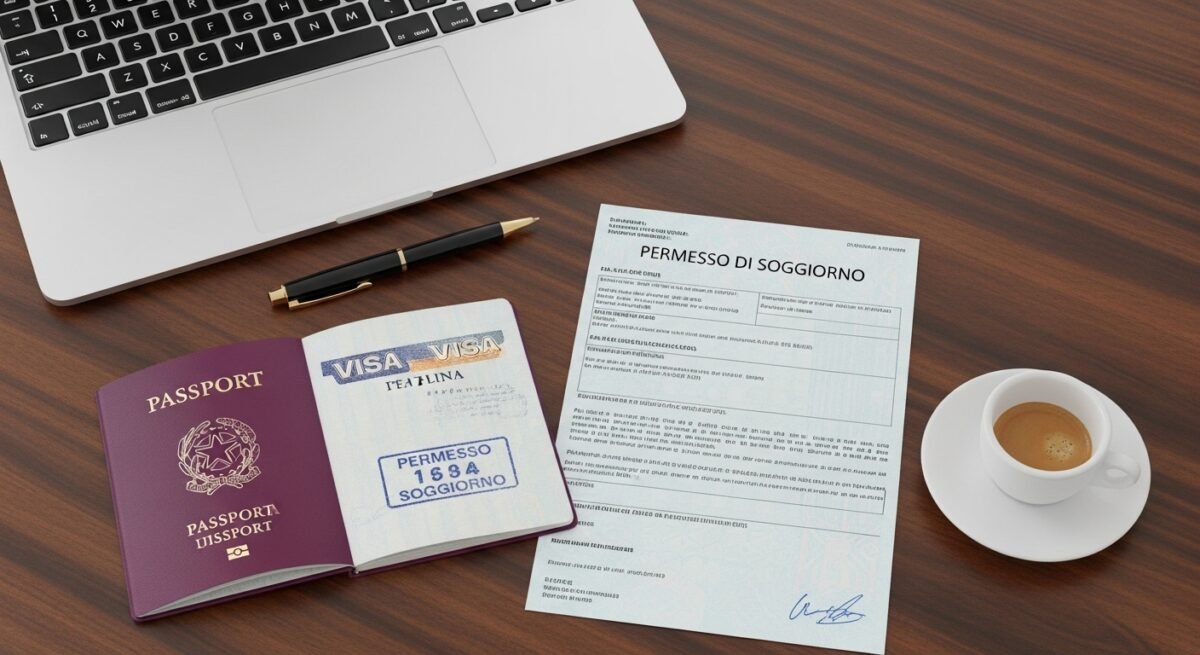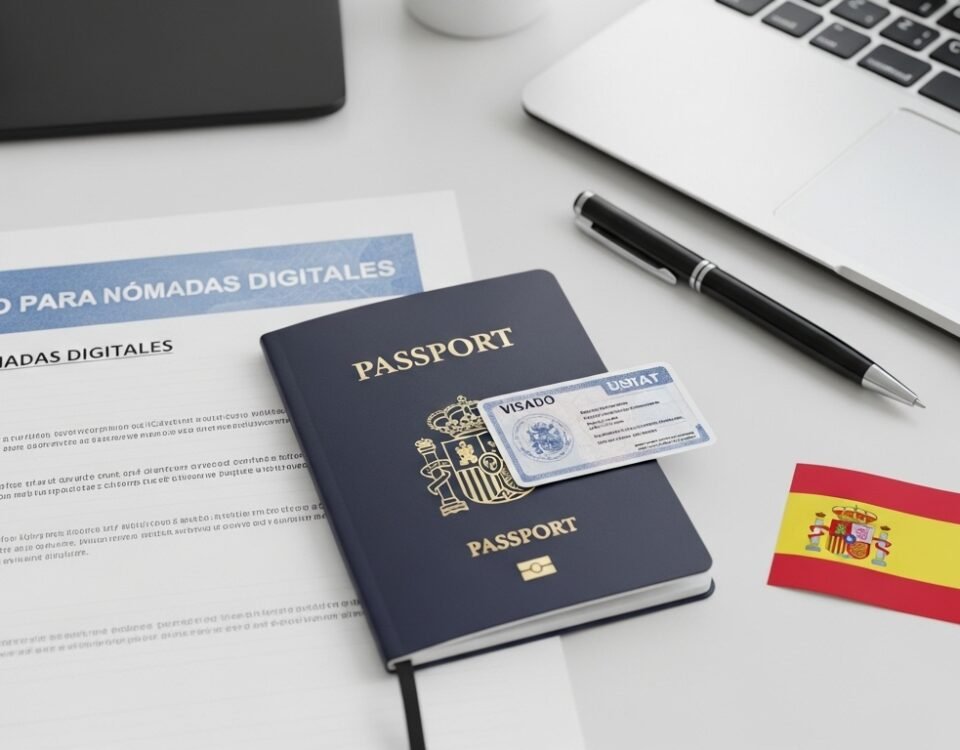For years, the dream of working remotely from Italy—sipping espresso in a Roman piazza on your lunch break, spending weekends exploring the Tuscan countryside—was just that: a dream, limited by the strict 90-day Schengen rule.
But no longer. In 2024, Italy officially launched its Digital Nomad Visa (DNV), finally opening the door for remote workers to legally reside in la bella vita.
As a resident of Italy currently navigating my own Master's degree at a university in Rome, I've had a front-row seat to the complexities and nuances of Italian bureaucracy. This isn't just a list of rules; this is your on-the-ground, comprehensive Italy digital nomad visa guide, designed to turn a confusing process into a clear, actionable plan.
What is the Italian Digital Nomad Visa?
The Visto per nomadi digitali e lavoratori da remoto is a long-stay visa that allows highly skilled, non-EU remote workers to live and work legally in Italy for up to one year, with the possibility of renewal.
Crucially, once you are a resident, your time in Italy does not count towards your 90-day Schengen tourist limit, giving you the freedom to use Italy as a home base for exploring the rest of Europe.

Who is Eligible? The Core Requirements
The visa is aimed at "highly skilled workers." While the exact interpretation can vary by consulate, you must generally meet these key criteria:
High Income: You must prove an annual income of at least €28,000. This must come from lawful remote work activity.
Higher Education or Professional Experience: You need either a university degree (minimum 3 years) OR at least five years of documented professional experience in your field.
Existing Health Insurance: You must have comprehensive health insurance valid in Italy for the entire duration of your stay.
Clean Criminal Record: You will need to provide a police clearance certificate.
Proof of Accommodation: You must show proof of a place to live in Italy for the duration of your visa.
The Application Process: A Step-by-Step Guide
Navigating this process requires patience and organization.
Step 1: Gather Your Documents (The "Nulla Osta")
Before you can even apply for the visa itself, you (or an immigration lawyer in Italy) need to obtain a nulla osta (a certificate of no impediment) from the Italian authorities. This is the main bureaucratic hurdle. You'll need to prepare all the documents proving you meet the eligibility criteria above.
Step 2: Apply at Your Local Italian Consulate
Once the nulla osta is issued, you have six months to make an appointment at the Italian consulate in your home country to formally apply for the visa to be placed in your passport.
Step 3: Enter Italy and Apply for Your Residence Permit
Within 8 days of arriving in Italy with your new visa, you must begin the most important process: applying for your permesso di soggiorno (permit of stay). This is the card that makes you an official resident.
Insider Tips: An Italy Digital Nomad Visa Guide to Navigating Bureaucracy
This is where on-the-ground knowledge is critical. Italian bureaucracy is famous for a reason.
The
Questurais Your New Best Friend: You will become very familiar with theQuestura(the local police headquarters responsible for immigration). Be prepared for long waits and multiple visits.Patience is a Superpower: Nothing happens quickly. The process for getting your
permesso di soggiornocan take several months. Bring a book (and a power bank for your phone) to your appointments.The
Marca da Bollo: You will need to buy official tax stamps (marca da bollo) from a localtabaccheria(a tobacco shop) for many of your applications. Always ask exactly which value you need.Consider a Professional: For the
nulla ostaprocess, hiring an Italian immigration lawyer or a specialized service can save you an immense amount of time and stress.
Is This Visa Right For You?
The Italian Digital Nomad Visa is a phenomenal opportunity for those who are serious about making Italy their home base. It's a complex process that requires significant preparation and a healthy dose of patience. However, the reward—the legal right to live and work in one of the most beautiful and culturally rich countries on Earth—is more than worth the effort.
Are you planning to apply for the Italian DNV? Share your questions or your own experiences in the comments below!


